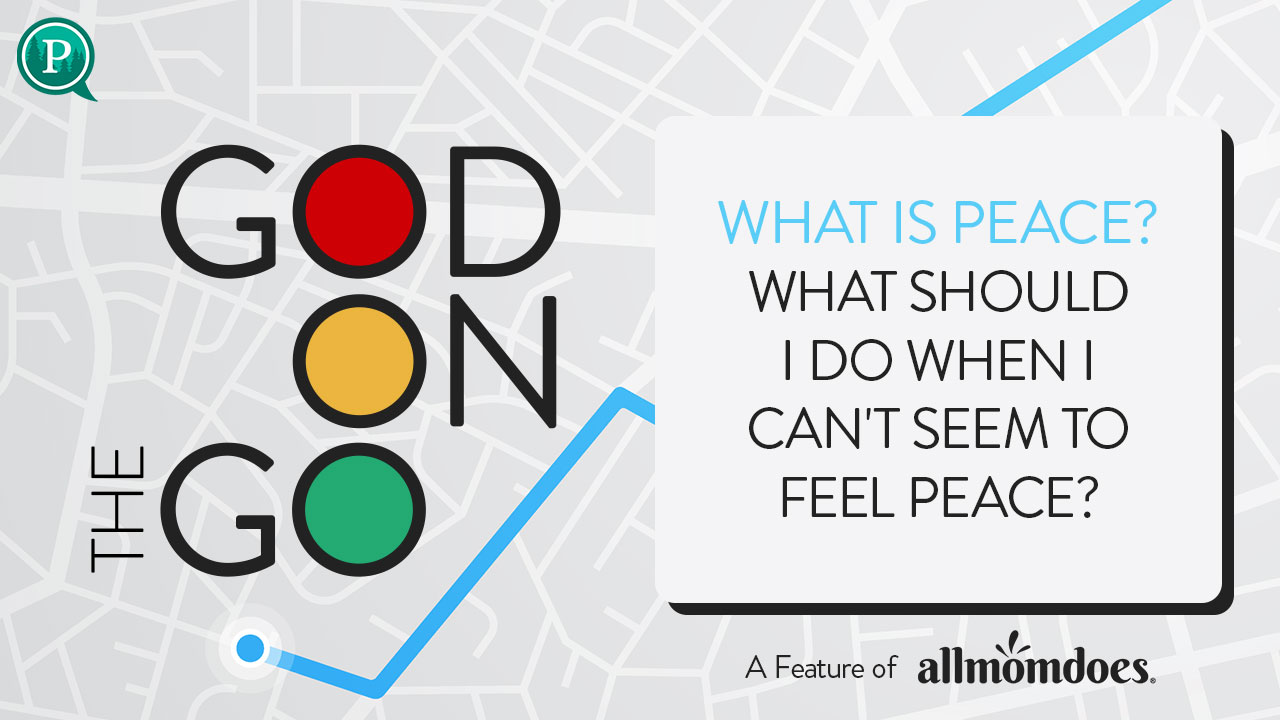Guest post by Susan Stagg
Nine years ago, after a very tumultuous divorce, I found myself raising six kids alone, ranging in age from three to sixteen. I don’t mean alone as in “I’m a single parent who shares custody with my ex”, I mean alone as in “the courts granted me sole custody and guardianship and I am the only legal parent of these grieving young people”.
My oldest two were teenagers at the time, and it seemed like every horror story I had ever heard about teenage anger, anxiety, and attitude was multiplied by about a million. Every week brought a new crisis, everything from cutting to suicide threats to fits of rage to declarations of war. I was at a complete loss as to how to respond. How do you parent someone who is the same height as you and can look you dead in the eye and say “I blame you for everything bad in my life and I will hate you forever”?
I vacillated between laying down the law and crumpling like a dry leaf as I absorbed all their venom into my own spirit. Every professional I consulted had different advice, and I quickly learned that I was very much on my own and would have to learn by trial and error how to mother these hostile people.
I set aside my own loneliness and grief to focus solely on my children. They were my reason for existing. My reason for getting out of bed in the morning. My reason for going back to college to get a degree after sixteen years of being a stay-at-home mom. My reason for battling a very serious and sudden health crisis that left me with a chronic illness.
Somewhere along the way, I lost myself. I didn’t know what I liked, thought, wanted, or even who I was. When you live in survival mode long enough, you forget how to enjoy life. You start to feel guilty for doing things for yourself. You’re so afraid of erecting another barrier between yourself and your resentful offspring that you trade effective parenting for keeping the peace at any cost.
Eventually, I met a man and began dating. He was good to my children, and while the youngest adored him and the middles tolerated him, the teens dug in their heels and declared a mutiny.
Despite the hostility, he proposed to me a few months later, and thereafter followed months of threatening not to attend the wedding, emotional outbursts, manipulative plea bargains, and screaming fits. I told myself that I had raised them right and surely things would improve after the wedding. I was wrong. My happily ever after turned out to be a battlefield where neither side could possibly win.
Eventually the oldest two moved out and began their own adult lives. I still stay in touch with them, pray for them daily, and love them with all of my being, but my marriage is a part of my life neither want anything to do with. They do, however, visit their dad and his new wife regularly. It mystifies me, although the counselors tell me that teens very often react with the most hostility toward the parent they feel most comfortable with. Weak comfort.
My youngest daughter sees my husband as her dad, and they have a very close relationship. The middle three are comfortable with him but he will never be their dad.
My new husband has three children of his own, but because they’ve lived apart from him for most of their lives, it was a different dynamic from the start. His oldest son was completely fine with me, his middle son wasn’t ecstatic about his dad getting remarried but was civil to me, and his youngest daughter fit right in and warmed my heart by calling me her “other mom” at the wedding.
Ultimately, I chose to tell myself that it’s okay for me to be remarried. It’s okay for me to have a new career. It’s okay for me to pursue interests apart from my children. And it’s okay for them not to agree with every decision I make.
Dr. Kevin Leman once said “When two families unite, they don’t blend, they collide.” In my case they collided with maximum chaos and collateral damage. In the long run, I still believe that I did the right thing by modelling life after divorce, and by not letting the kids call the shots.
Every blended family has two different backgrounds, two sets of memories, two stories of loss and struggle, and two completely different dynamics. I don’t believe there is any one formula that will create peace and harmony in every situation. You have to pick your battles and decide which hill to die on and which field to surrender. No one knows your children like you, and no one can make your decisions for you.
With trial, error, and a whole lot of give and take, you will slowly start to see things stabilize, and while you may never get back to your former way of life, you will achieve a new normal that works for your unique blended family.
Above all, love your children deeply and let it show, even in the middle of the darkest times, because that love will be a crucial ray of security and light that reaches through the fog and anchors their heart to yours.
 Susan is a married mother of six children and three stepchildren. She is the Director of a crisis pregnancy centre, a weekly newspaper columnist, and works with seniors in a nursing home. Her interests include quiet dinners with her husband, long weekend naps, and refreshing vacations. She doesn’t get any, but they definitely interest her.
Susan is a married mother of six children and three stepchildren. She is the Director of a crisis pregnancy centre, a weekly newspaper columnist, and works with seniors in a nursing home. Her interests include quiet dinners with her husband, long weekend naps, and refreshing vacations. She doesn’t get any, but they definitely interest her.

















